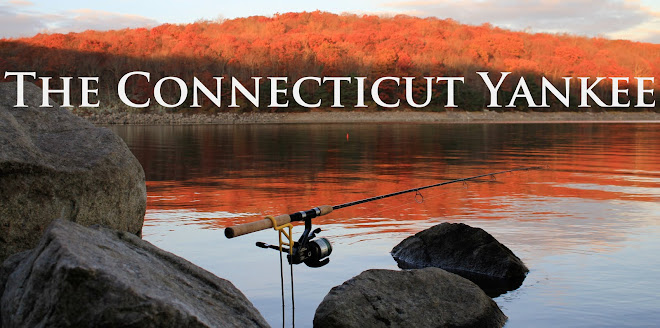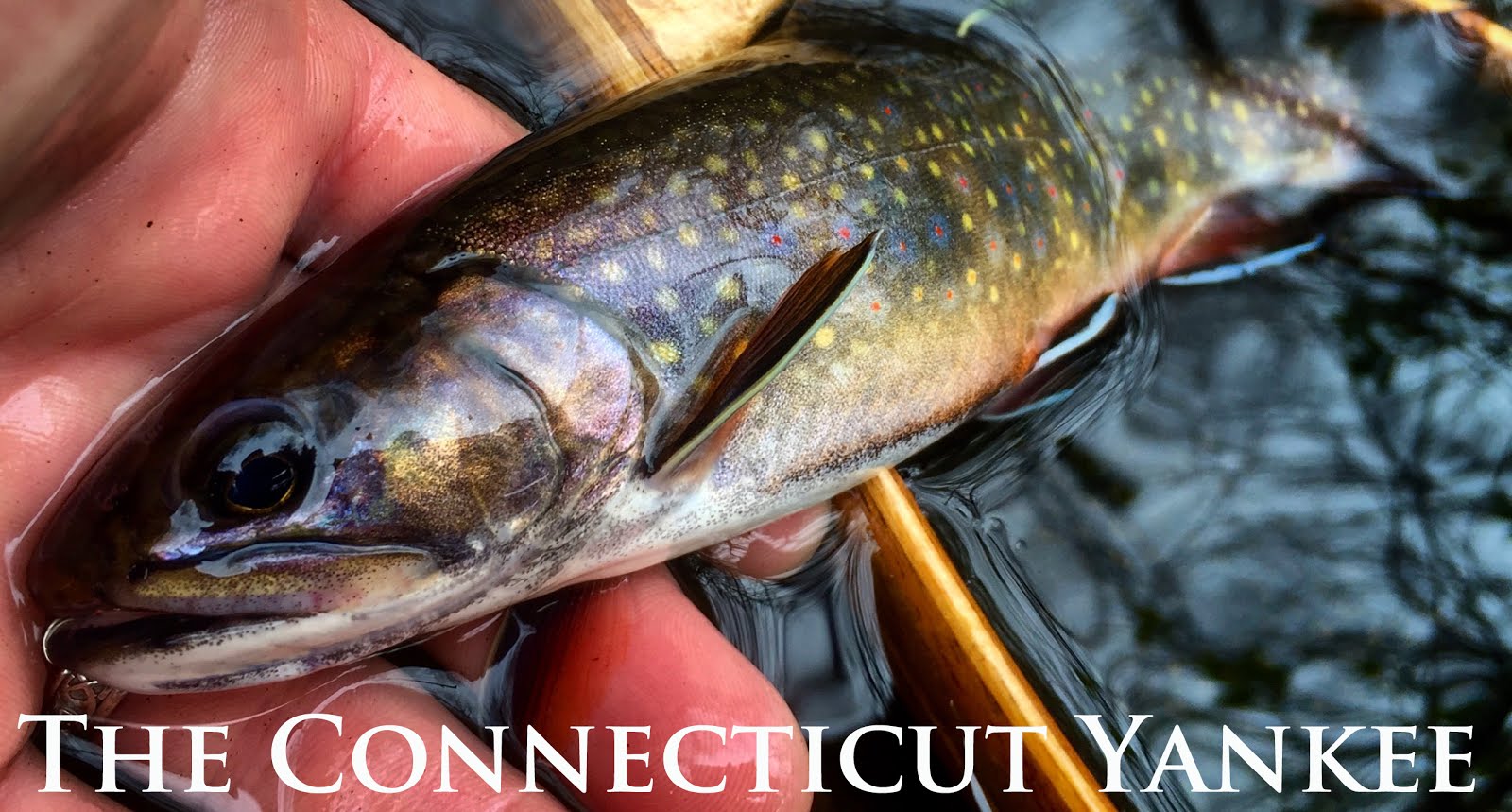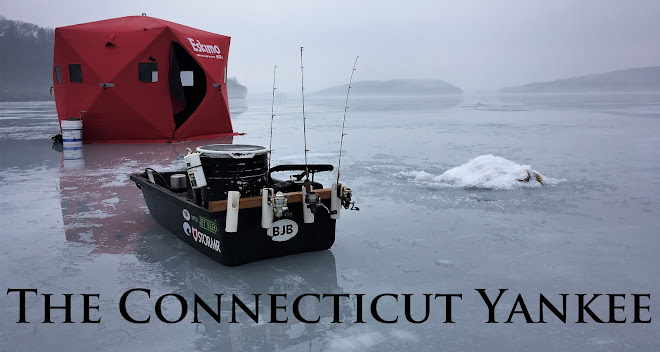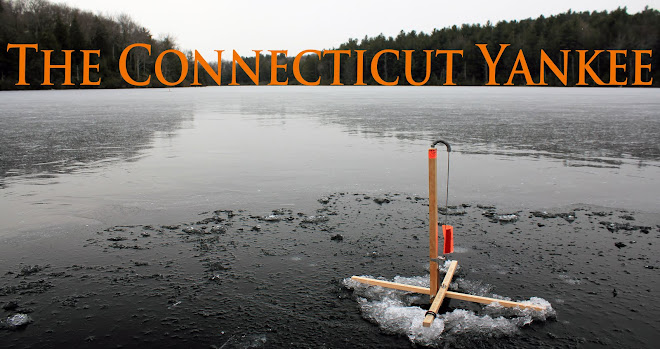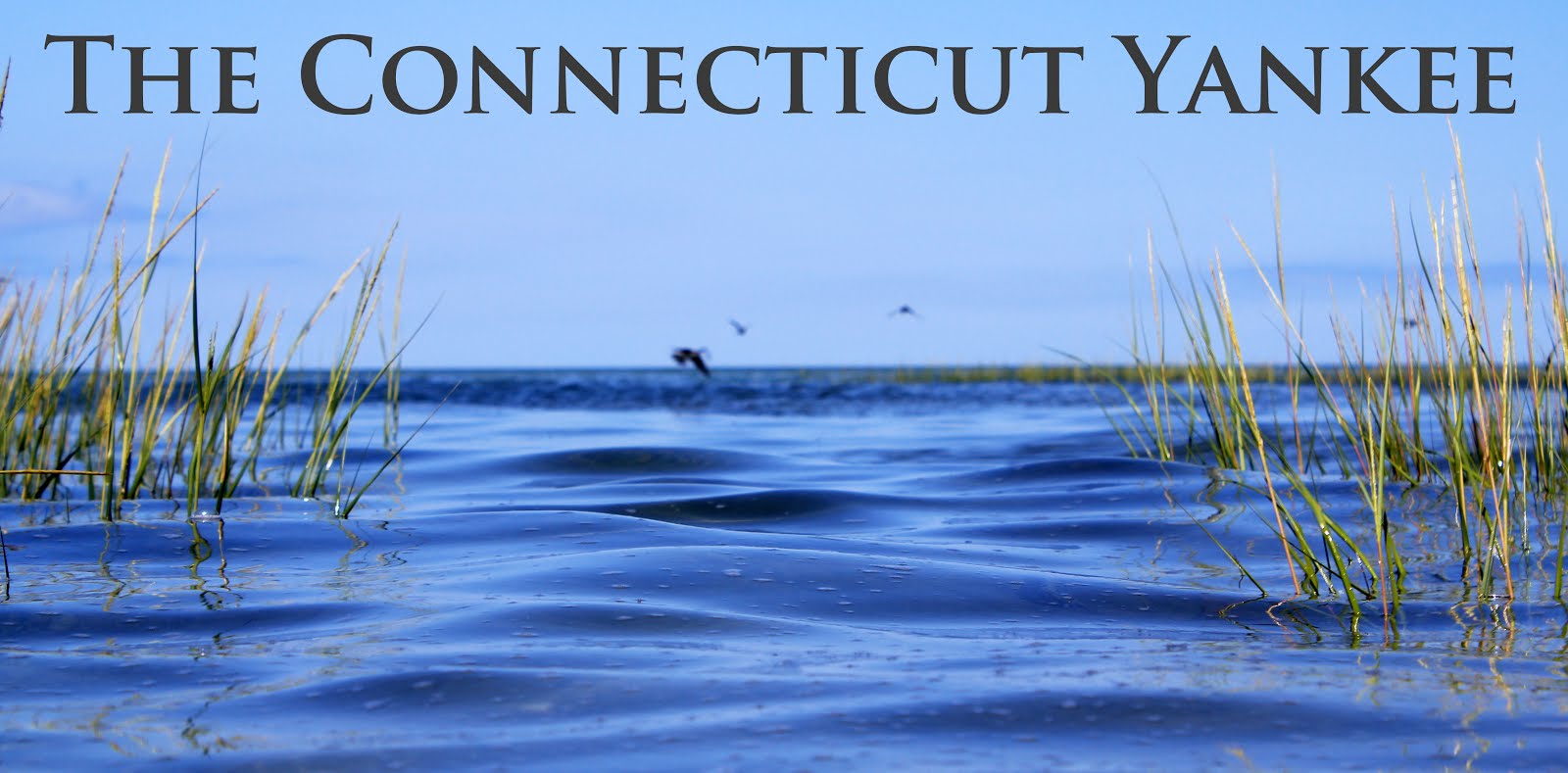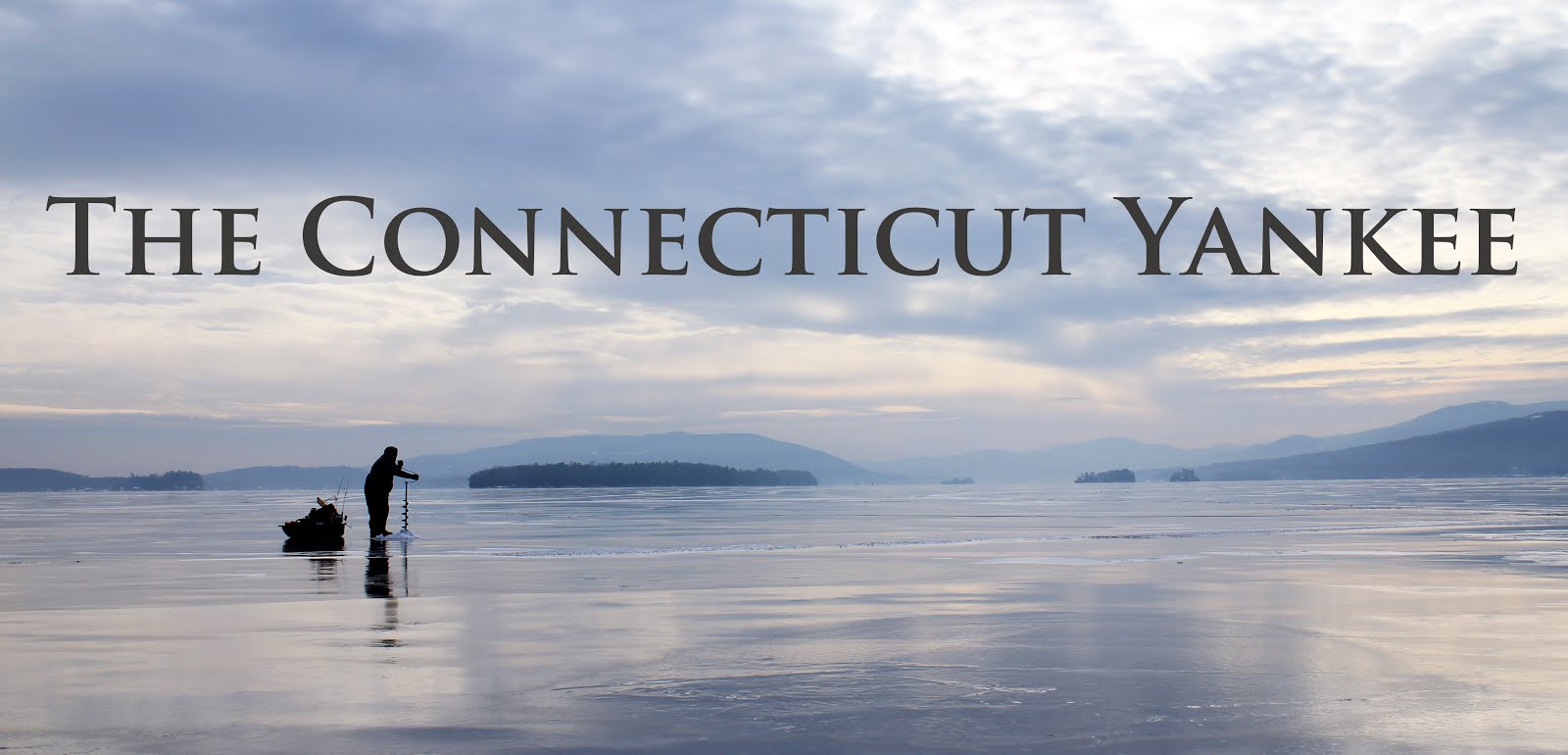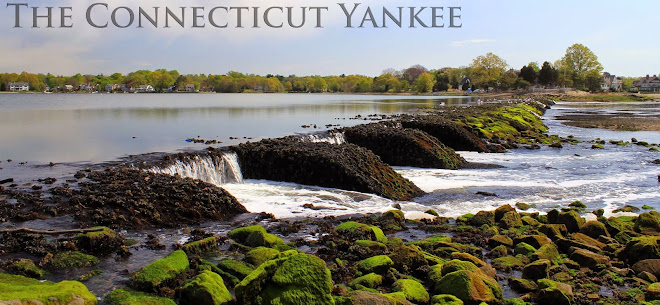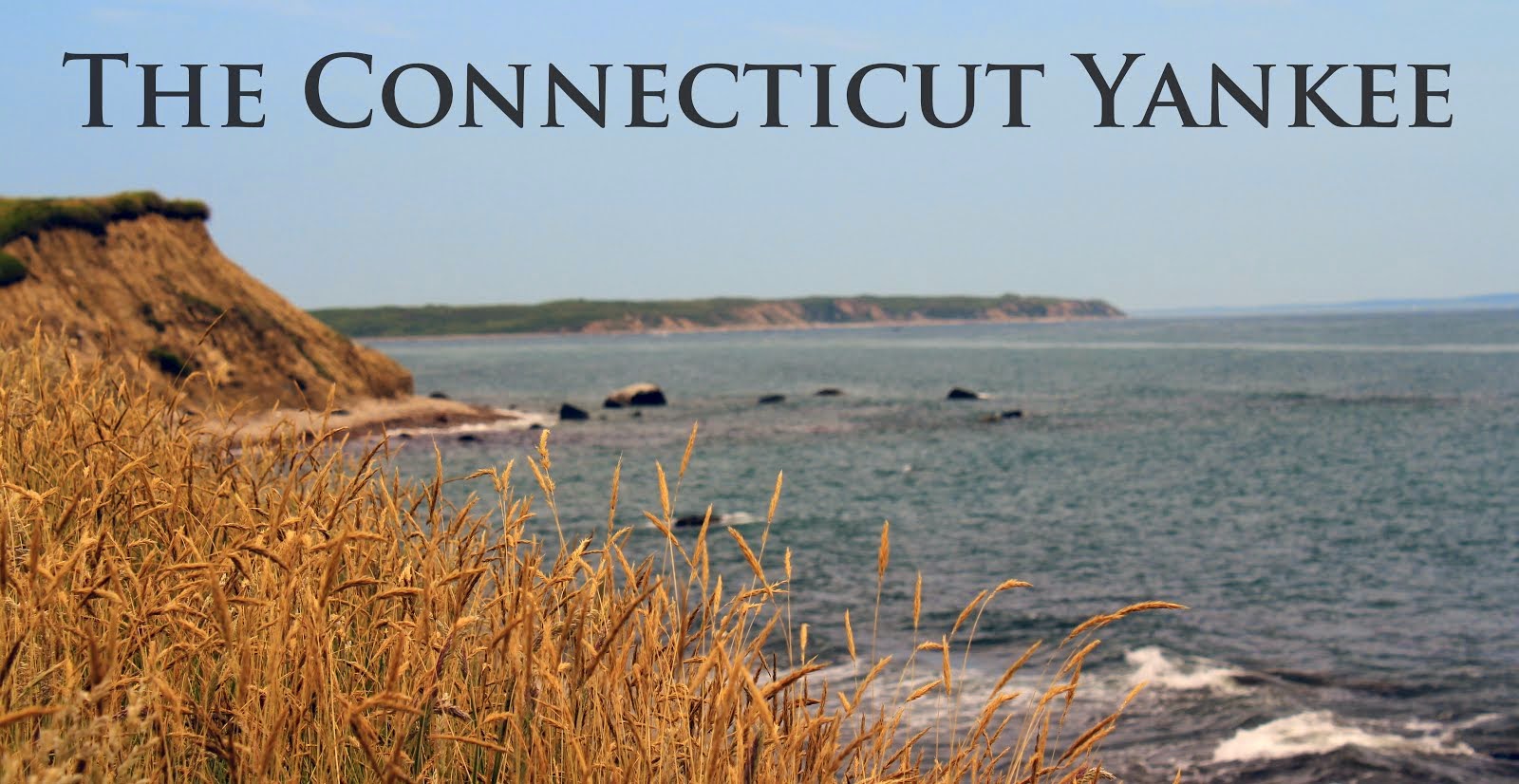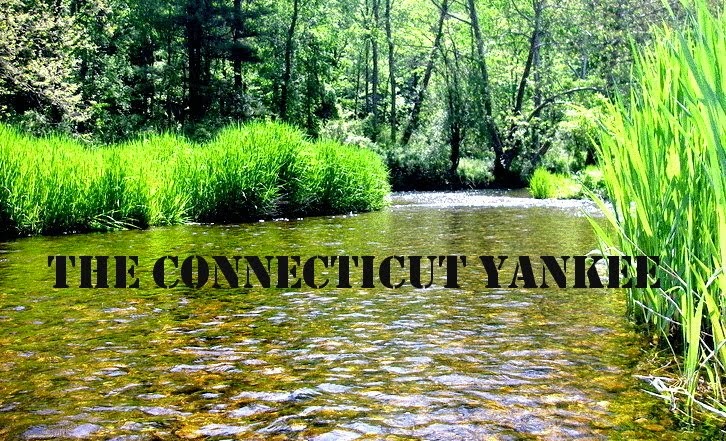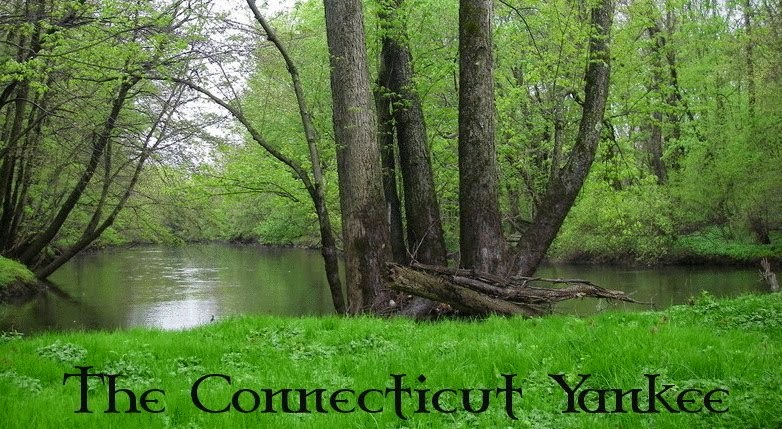The curse of the 60lb Boga has finally been broken; allow me to explain...
Up until two years ago, I never owned a fishing scale and I'd usually never know how heavy any of my fish were before I released them (although one can get fairly close with measurements and formulas). Then after landing a handful of striped bass that floated somewhere in the mid-30-pound range, I thought it was time to invest in an expensive Boga Grip that would accurately weigh my fish up to 60-pounds. Of course, as luck would have it, as soon as I began carrying this tool on my surf belt, bigger fish evaded me like the plague. That all changed this week, however, when I landed the largest fish of my life.
My good friends Mike, Derrick and I reached the shoreline a little after 10 PM on Wednesday night. There was a decent breeze out of the west, but not stiff enough to ruin our plans of throwing eels for a couple hours during the high incoming tide. Mike fished this same stretch by boat the night before and landed a 38-pound striper and a few others north of 20-pounds. This spot had treated all of us well in the past from the boat and surf, including my personal best bass from shore a couple seasons ago (of course I didn't really know just how big it was because I didn't have a Boga!). In any case, we all realized this location had potential to cough up greatness on any given cast, especially when equipped with big eels.
Donning wetsuits and loaded for bear, we broke ranks at the surf line and entered the water up to our necks to find submerged boulders to fish from. Mike went way left out of shouting range, but I could still keep tabs on him with the occasionally flicker of his red head lamp. Derrick was off my right shoulder about 30-yards, yet close enough to hear each other if one of us latched on to a decent fish. I brought some plugs, but I left them on shore with the intent of strictly fishing eels for the remainder of the flood tide unless bluefish showed up in force.
For over an hour, I lost myself in a rhythm of casting, slowly retrieving, and repeating. No one said a word during this time and only a dim light went on once or twice for an eel change. Around 11:30, I launched my eel for what felt like the hundredth time and let it sink for a couple of seconds when I felt something different. On the drop, a fish had picked up my bait and when I came tight and realized what was happening, I set the hook hard and then again a second later for good measure. I ensured the drag on my ZeeBaas was set tight before fishing that night, so I knew that I was connected to a good fish as the spool began paying out steady line on its initial run. This was one of the first few surf outings with my new custom rod that a friend built me for situations exactly like this and it felt great to have a serious bend in it.
I had the utmost confidence in my gear and kept my cool during the back and forth exchange with the fish until I flicked on my red light to glance at a giant tail slap the surface about ten yards away. I quickly shut off my light and the striper made its last ditch effort to escape capture. After I turned her for the last time, the fish glided along the surface and, with my 10-foot rod in my left hand, I reached with my right and lunged my hand into her mouth as she clamped down. With a death grip on her lower lip, I jumped off my rock and did a hurried back stroke until I was in knee-deep water. I didn't call Derrick over until I put the bass on the scale and saw it bounce over the 40-pound mark. I admired the beast in the water as I knelt beside her waiting for Derrick to come over to serve as a witness and photographer.
A brief congratulatory was given before I shared the unfortunate news that my good camera was home and I only had my iPhone in a waterproof case with me. I struggled to hold the fish up properly as he tried to get the best photos he could as quickly as possible. After a couple mediocre shots, it was more important to me to send the big girl on her way and I waded out to deeper water hoping for a successful revival. Derrick went back to his perch and I sat with the sulking fish, rocking her back and forth in the current. For over 30 minutes I tried to coax life back into the old battle-worn bass, but it was in vain. Her dorsal fin popped straight up and its tail kicked hard a few times, yet it was not to be. She gave all she had in the fight, the water was warm and the photo session proved too long. She was coming home with me.
I have nothing against harvesting fish for the table as long as it's within your legal limit and none goes to waste. I personally let the vast majority of what I catch go, unless a family member or friend has a special request. The last thing I wanted to do was kill this fish. A barely legal fish would taste much better and would have been much easier to lug back to the truck. The silver lining with taking her home was that Mike had a camera and I could better document the best fish of my career so far. So I waded with the bass about a hundred yards to the east and found Mike casting away unaware of the whole situation. He asked if I had any bumps and gave a nice yell when he saw what I was swimming out to him with. We traded places on the rock and he jumped in the water and snapped some awesome photos with his waterproof camera.
We all realized the possibility for other big or bigger fish in the area, so Mike and Derrick kept at it for another half hour or so to no avail. I was totally content watching from shore and soaking in what had just went down. Who knows how many hundreds of surf outings I had logged before landing a fish over the 40-pound mark and who knows how many fish of that size I've hooked and lost over the years. It was a great accomplishment for me and I relished in the moment. Many praises came from friends in the surfcasting community who realized it was a milestone fish for me. To hear words like "well deserved" come from casters of their skill level were the best compliments I could receive.
From his days working on charter boats, Mike is handy with a fillet knife. He made short work of the bass on his front lawn around 2 AM and we couldn't help check its stomach contents to find absolutely nothing. I brought the huge fillets home in freezer bags, put them in the fridge and my head hit the pillow very late for a work night. The next day I was still riding high, especially when I got my first glance at Mike's shots of the fish. The high continued the following day as I divvied up the fresh meat to friends and relatives. I took my share to my parent's house and we wrapped the fillets in tinfoil with lemons, onions, parsley and butter and threw them on the grill. With a nice salad and red potatoes, it made for a splendid meal that my family raved about. I was extremely happy to catch that fish and so glad none of it went to waste. I'll remember that night for the rest of my life.
 |
| My new personal best striped bass 47.5" and 40.5-pounds (photo by Mike Roy). |









































































.jpg)

